Sweeping Tide: Notes Toward Decolonial Feminisms, 2024
Sweeping Tide: Notes Toward Decolonial Feminisms brings together the works of Tamara Al-Mashouk, Syowia Kyambi, and Sepideh Rahaa. Drawing on transnational traditions of women of colour critique of feminist universalism, particularly the scholarship of María Lugones, the exhibition grapples with questions of violent colonial histories, turbulent political and social presents, and imagining futures of solidarity, community, and resistance. Divided in two parts, the exhibition critically examines issues of patriarchy, migration, and race through diverse geo-political positionalities that complicate local and global relationships.
Photographs courtesy: Mark Duffy.
Photographs courtesy: Mark Duffy.
Gallery North and Experimental Studio, Northumbria University, Newcastle upon Tyne, 2024
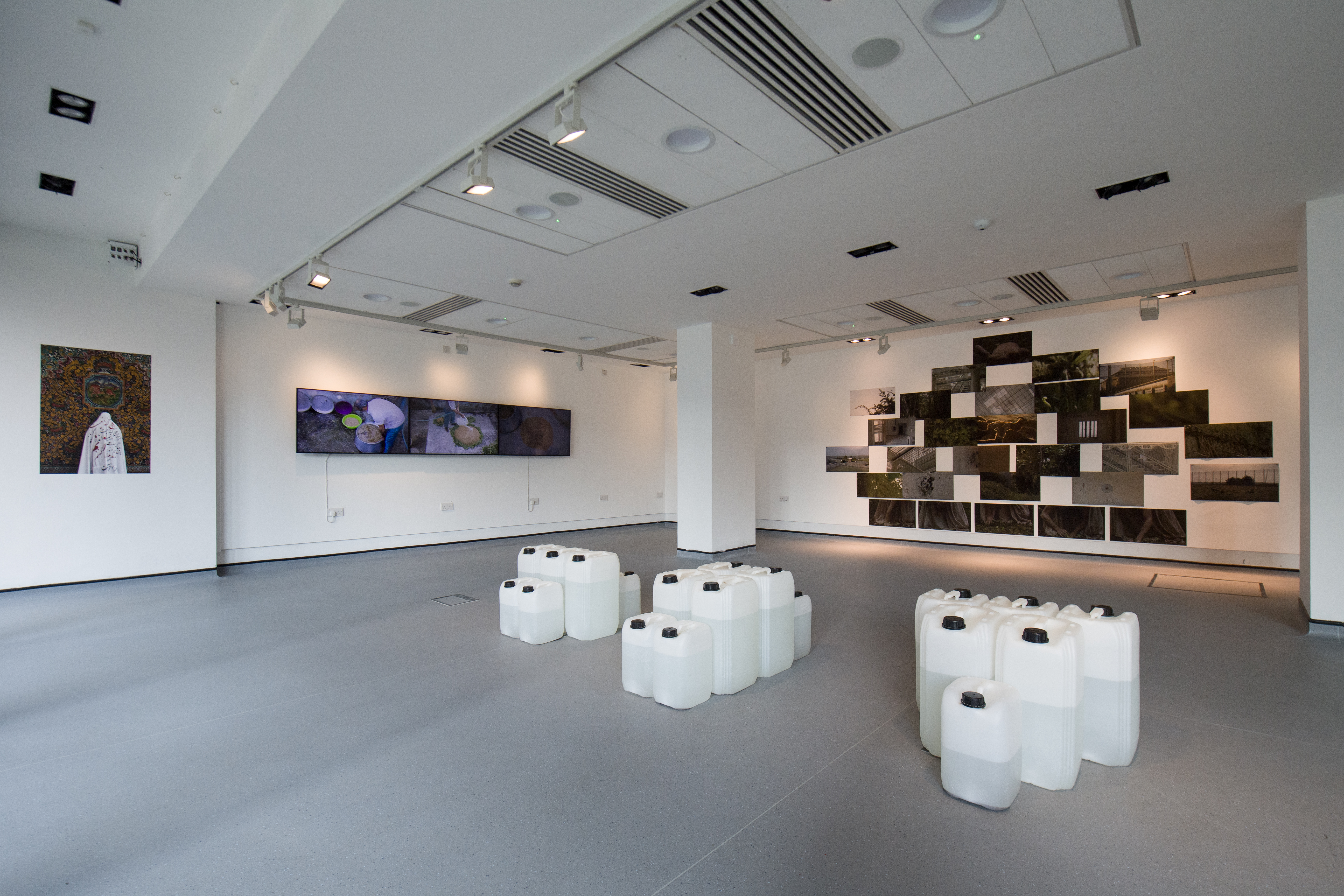
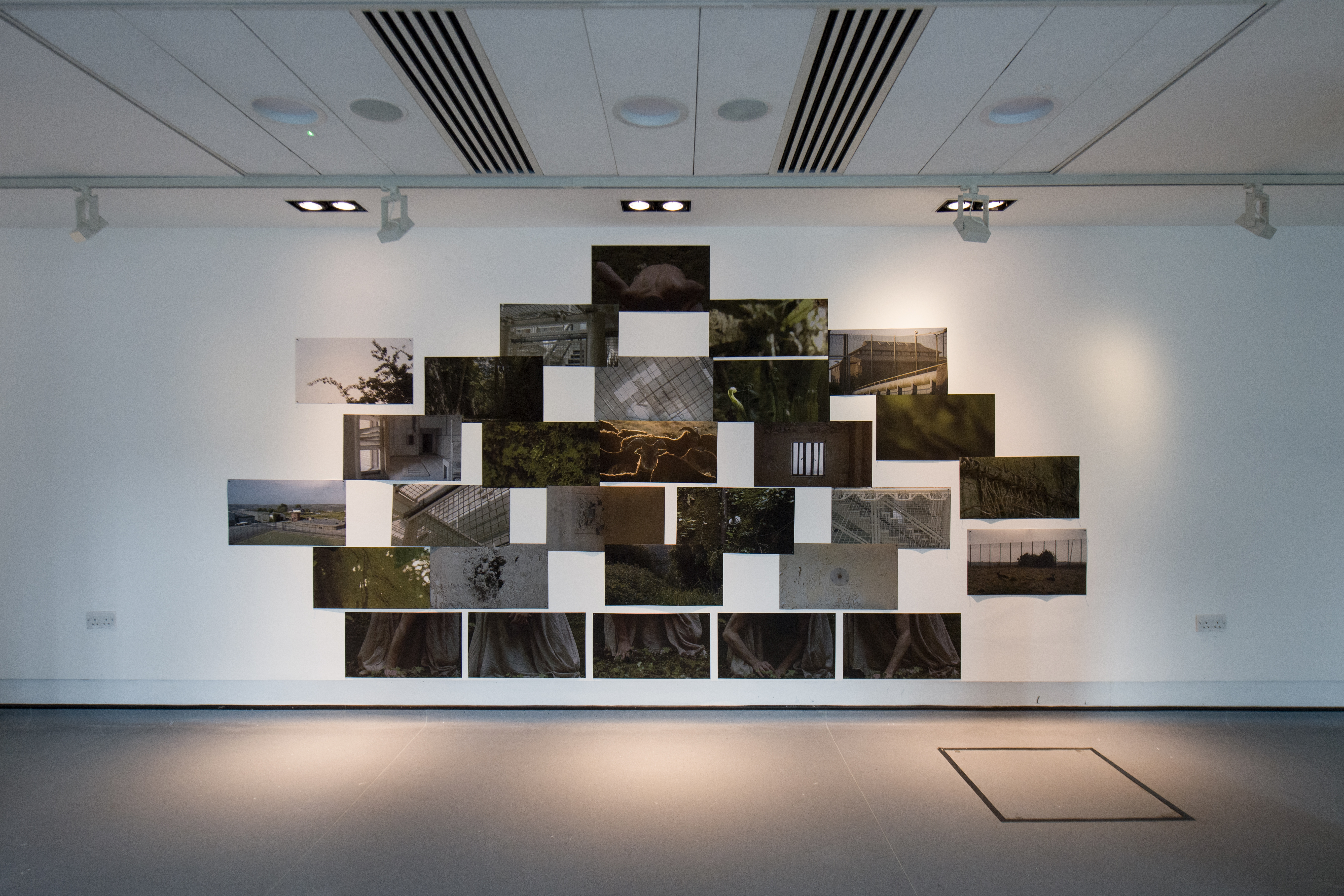
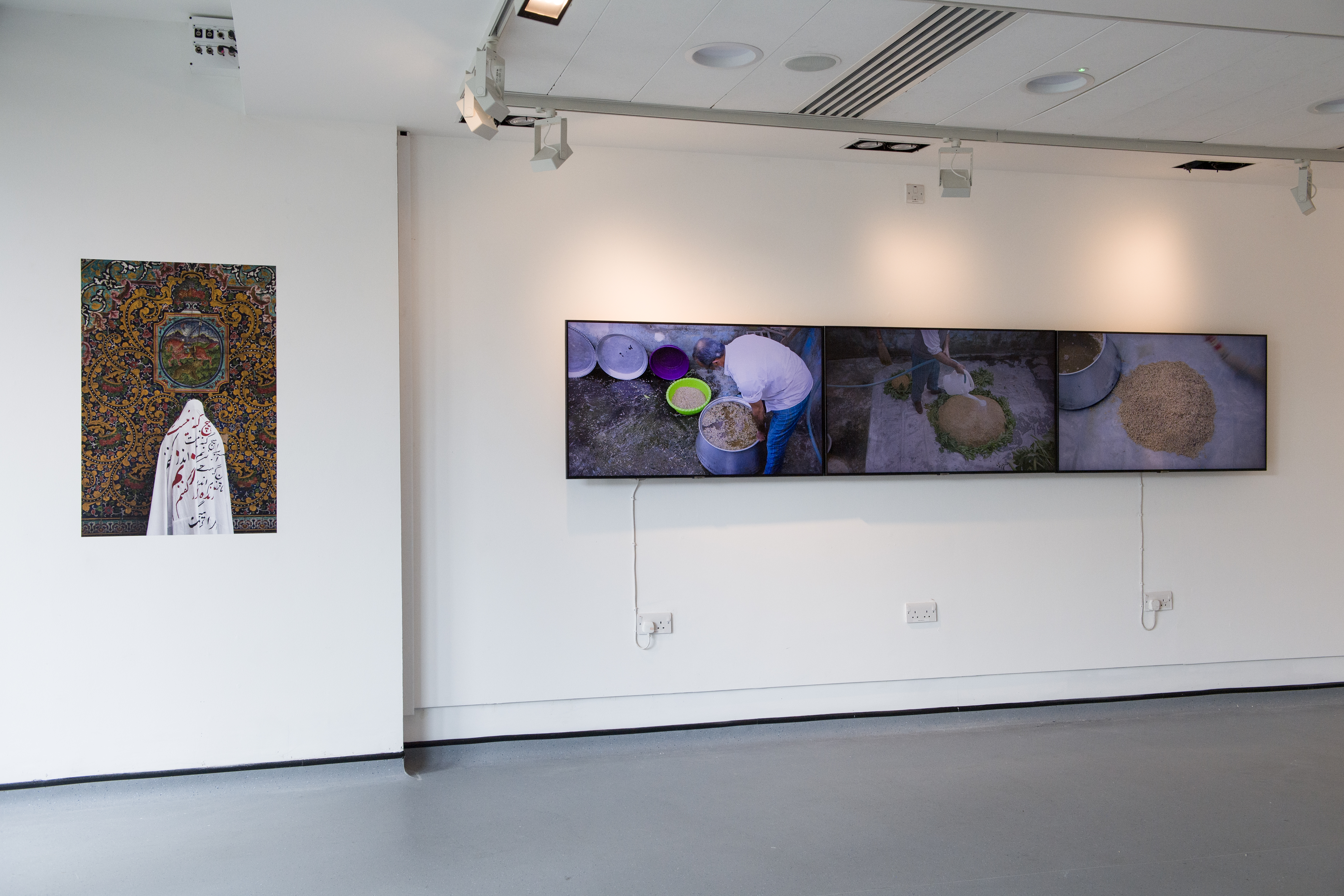
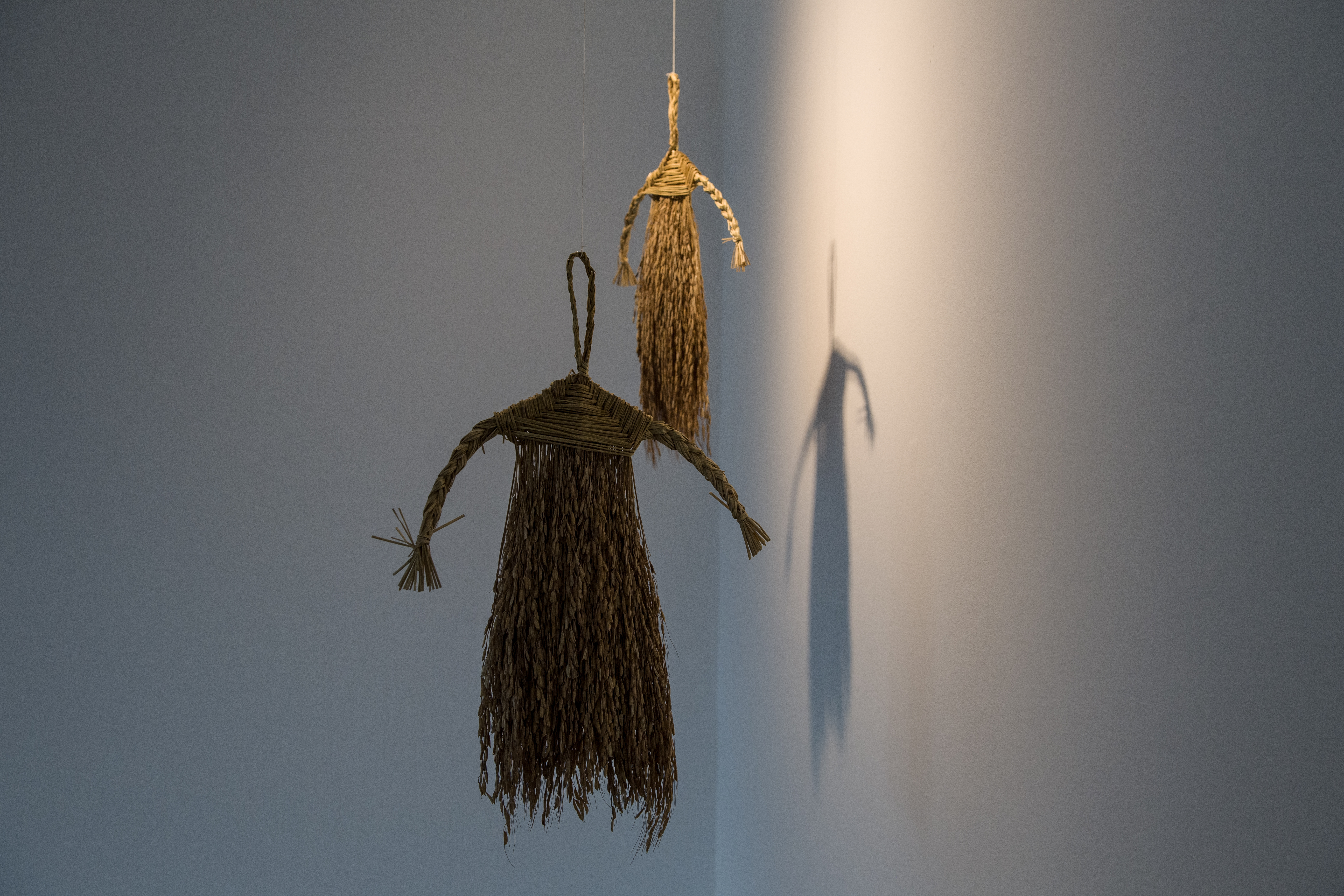
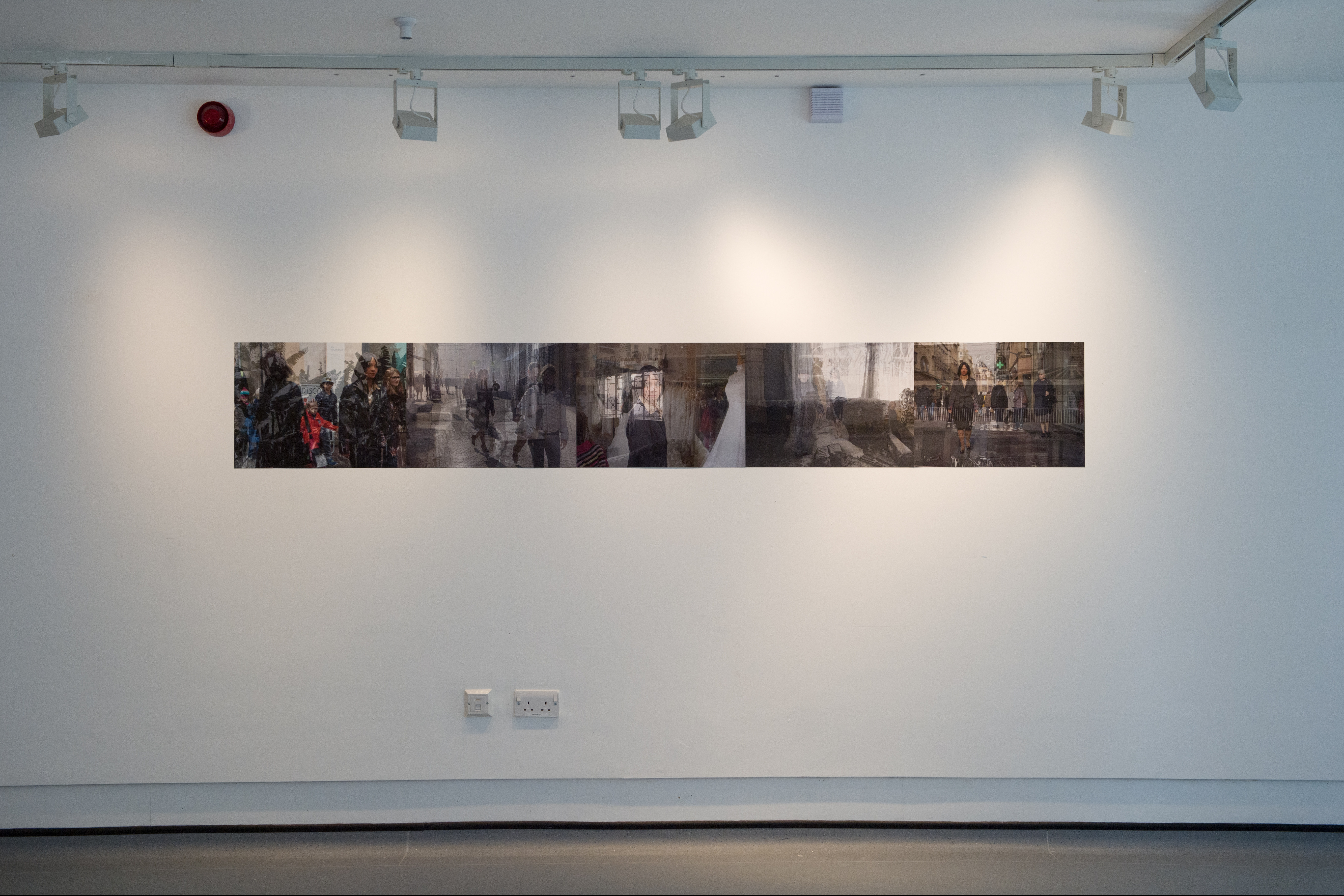
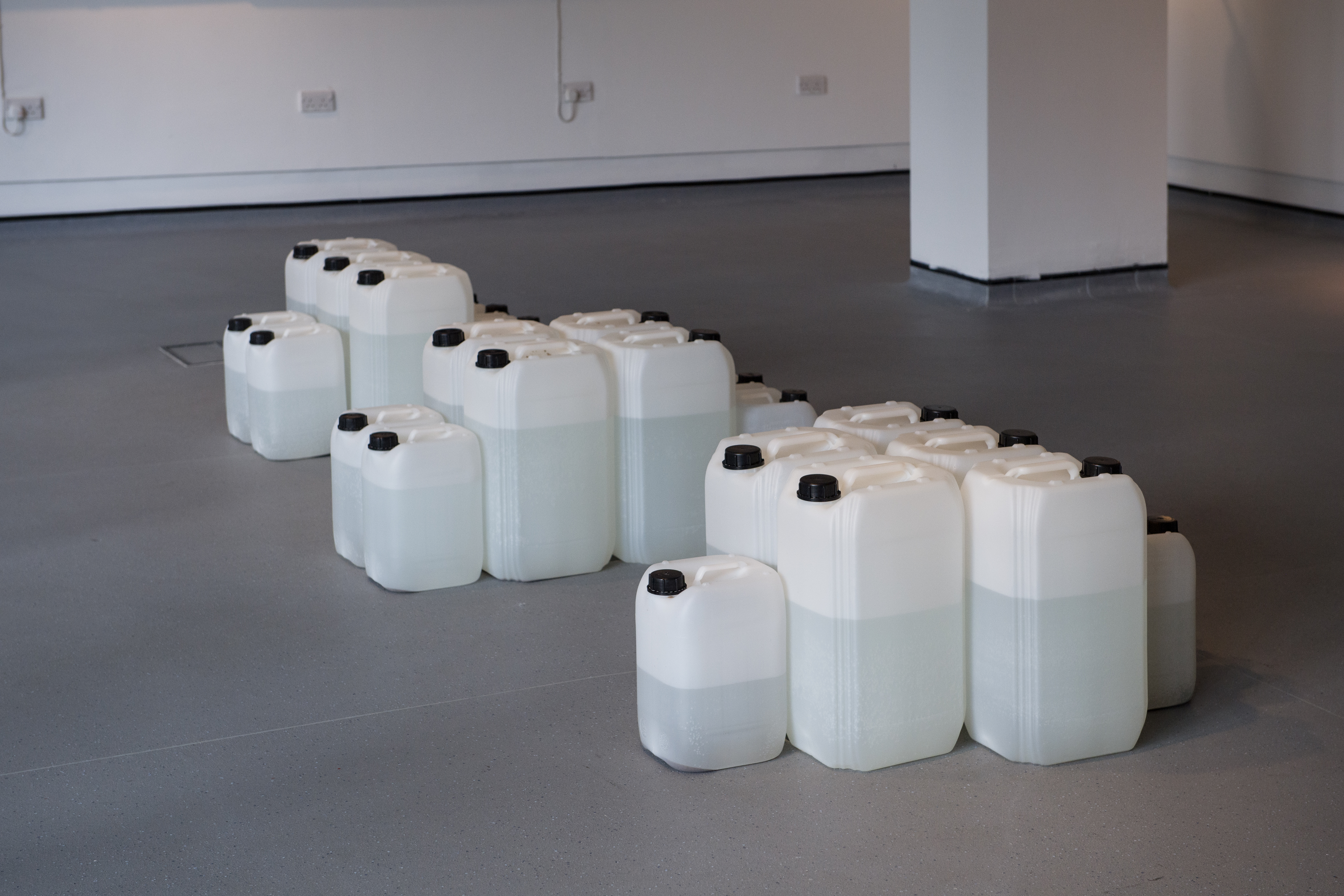
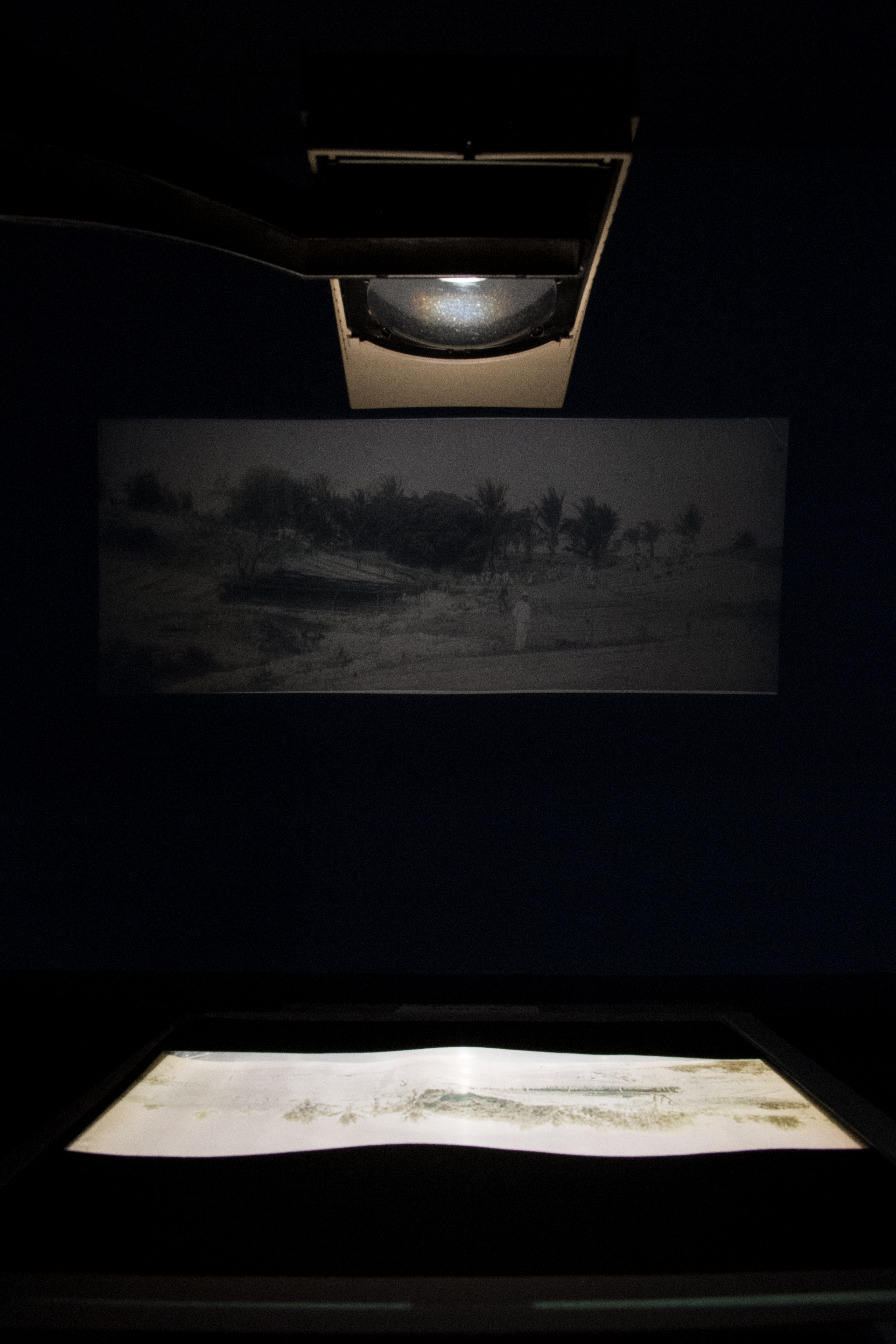
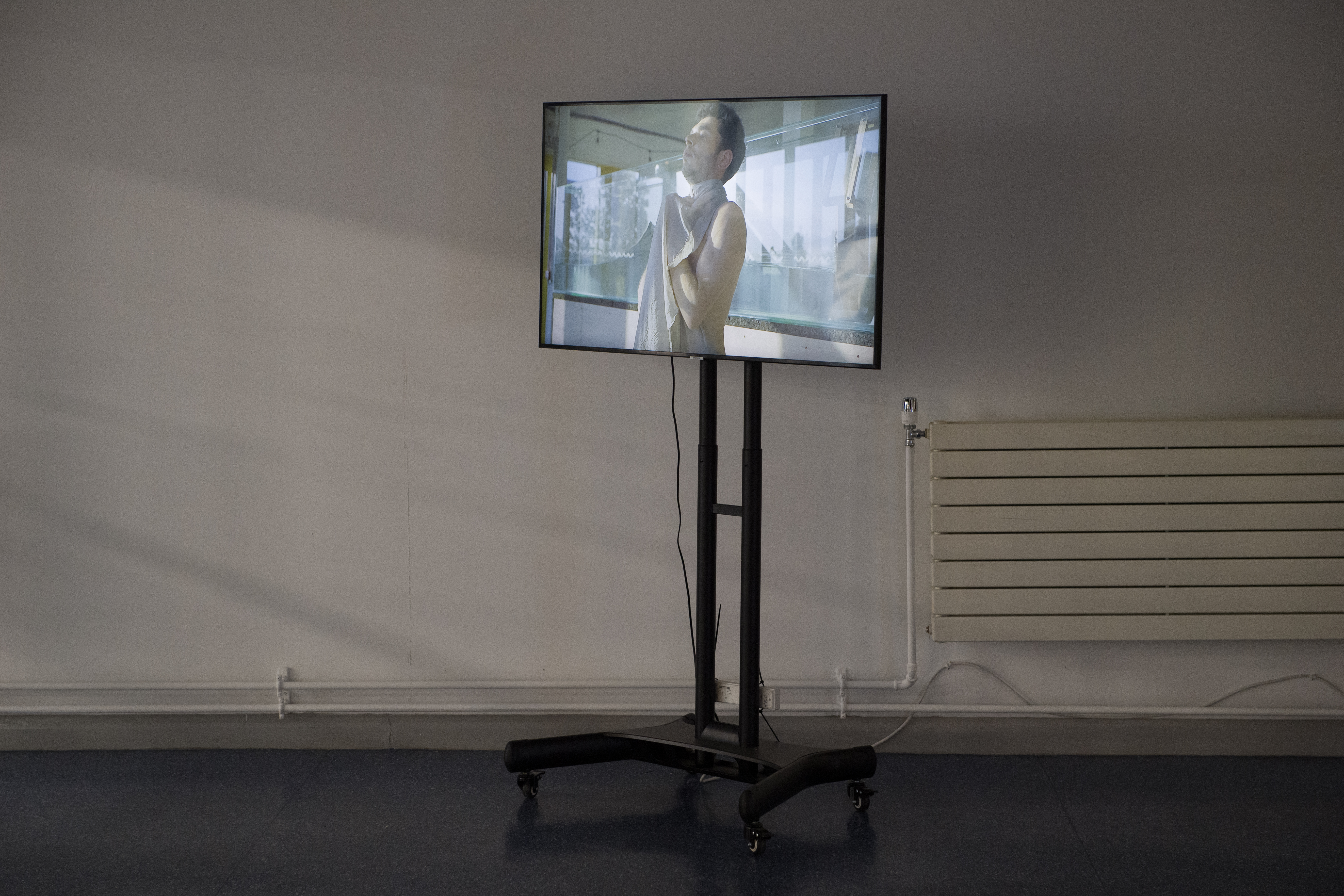
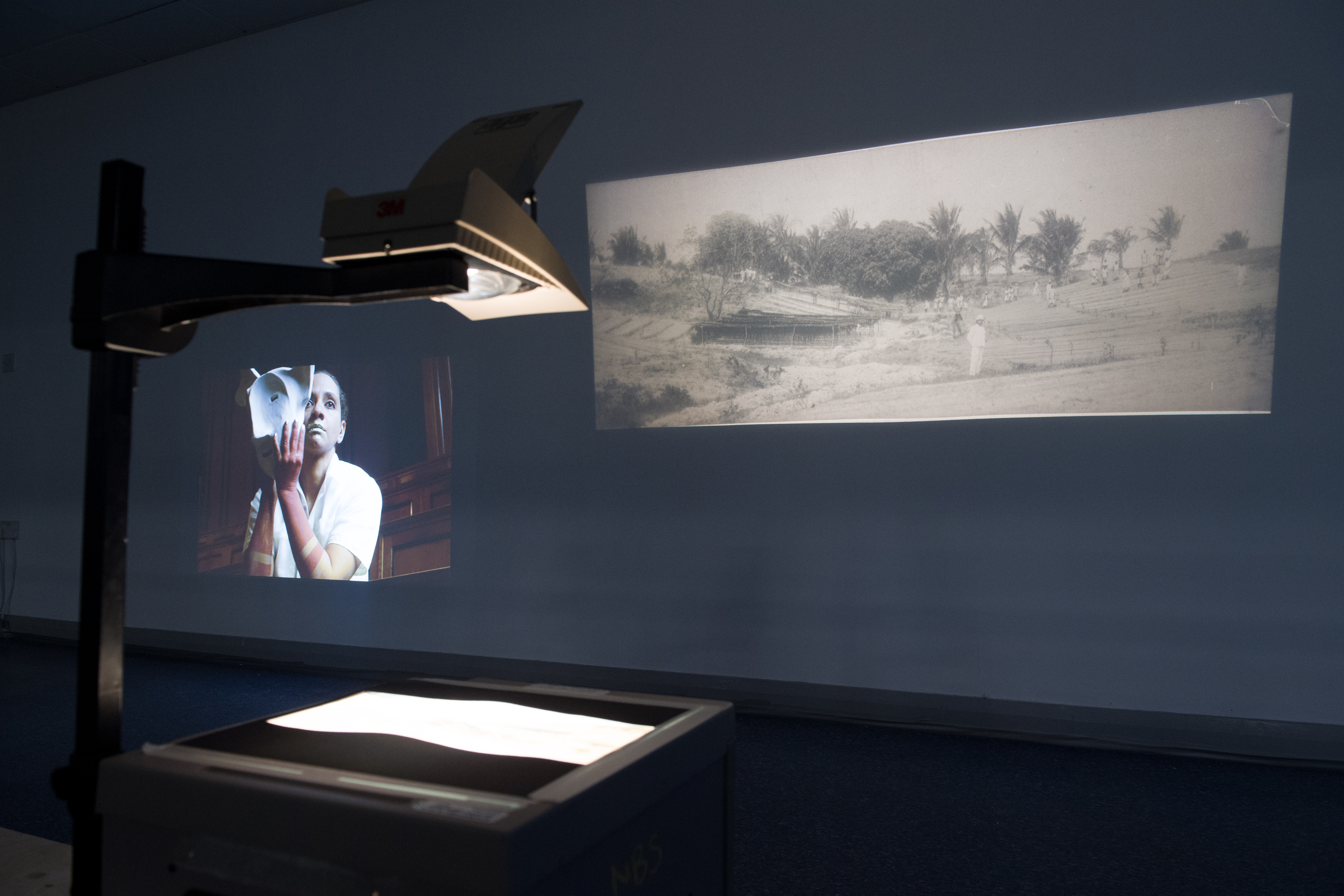
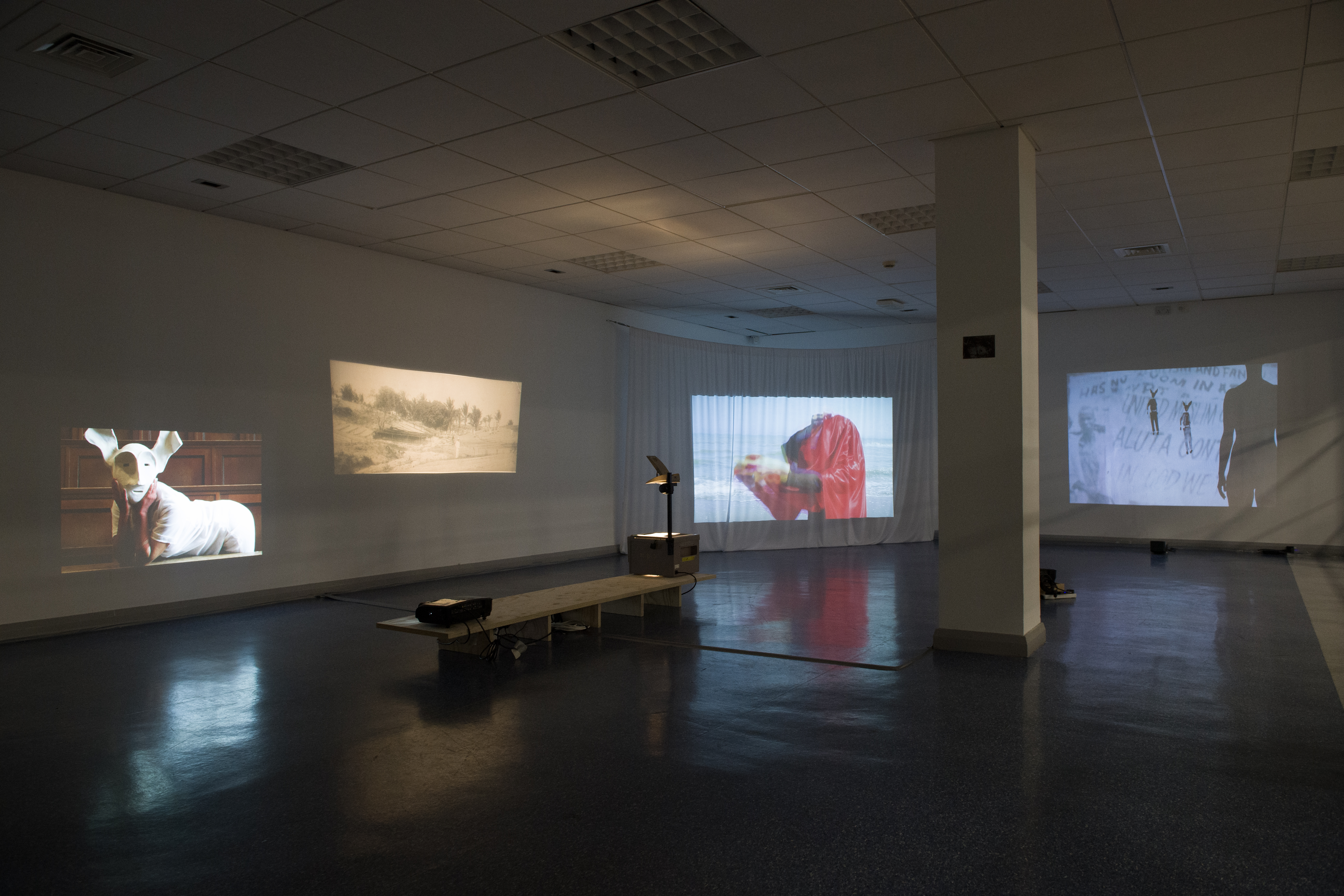
Unlimited Intimacy, 2023
Borrowing the title from Tim Dean's 2009 book, Unlimited Intimacy frames the 1980s and 1990s as a politically charged era for LGBTIQA+ histories and movements. Featuring the works of Tessa Boffin, Phyllis Christopher, Sunil Gupta, Stuart Linden Rhodes, and Charan Singh, the group exhibition presents critical and radical perspectives on gay and queer sexuality through photographic and documentary practices.
Photographs courtesy: Mark Duffy.
Photographs courtesy: Mark Duffy.
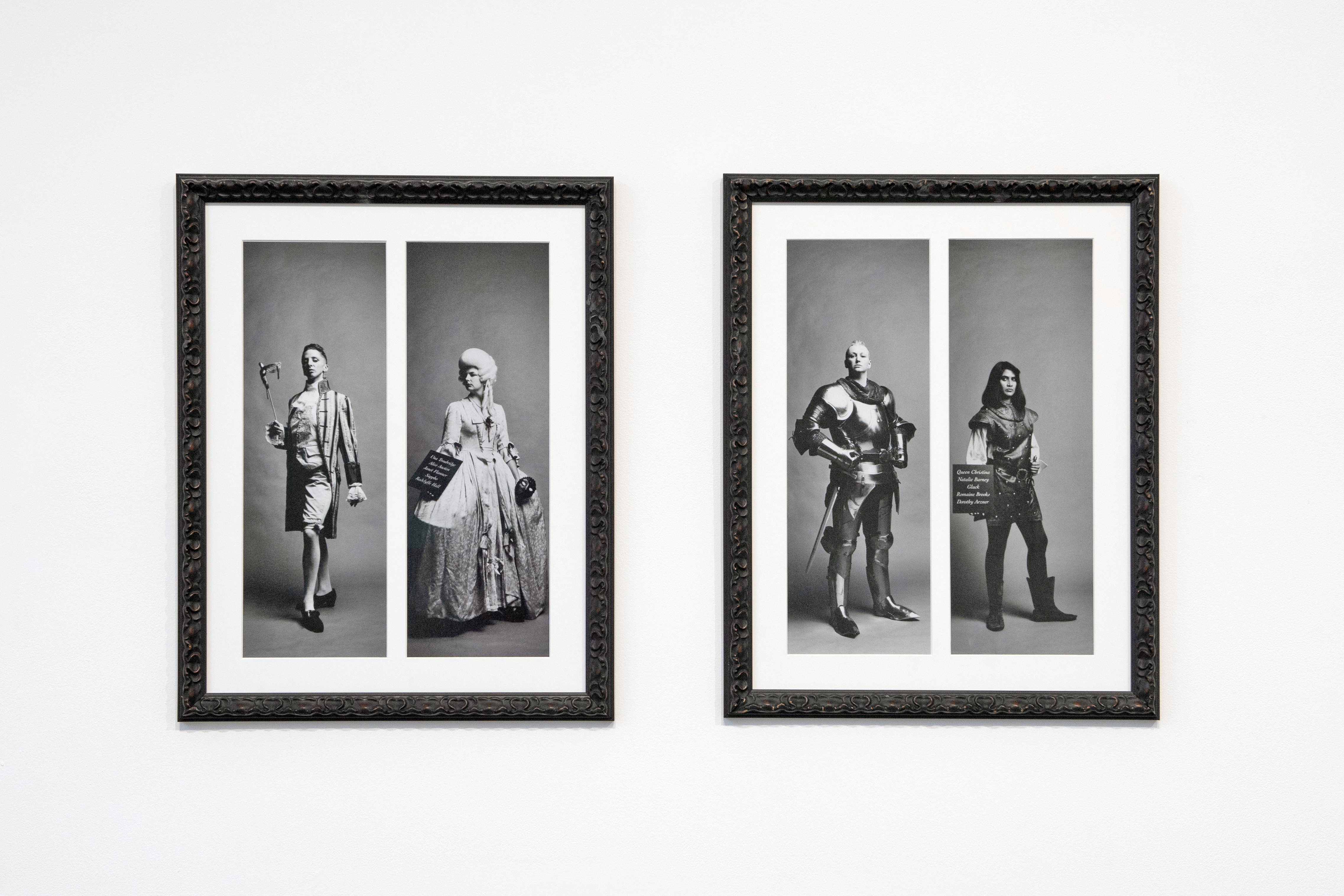


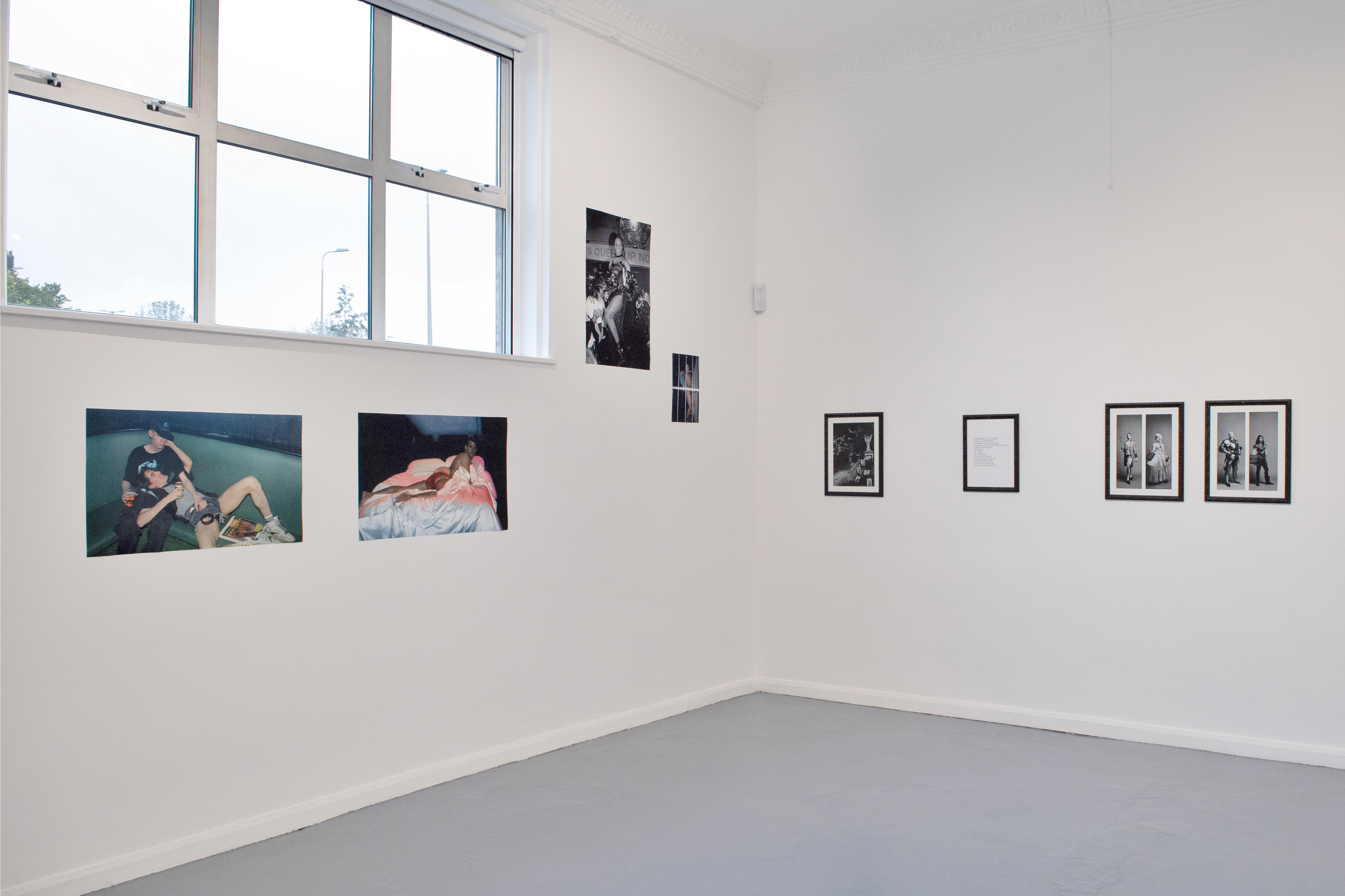
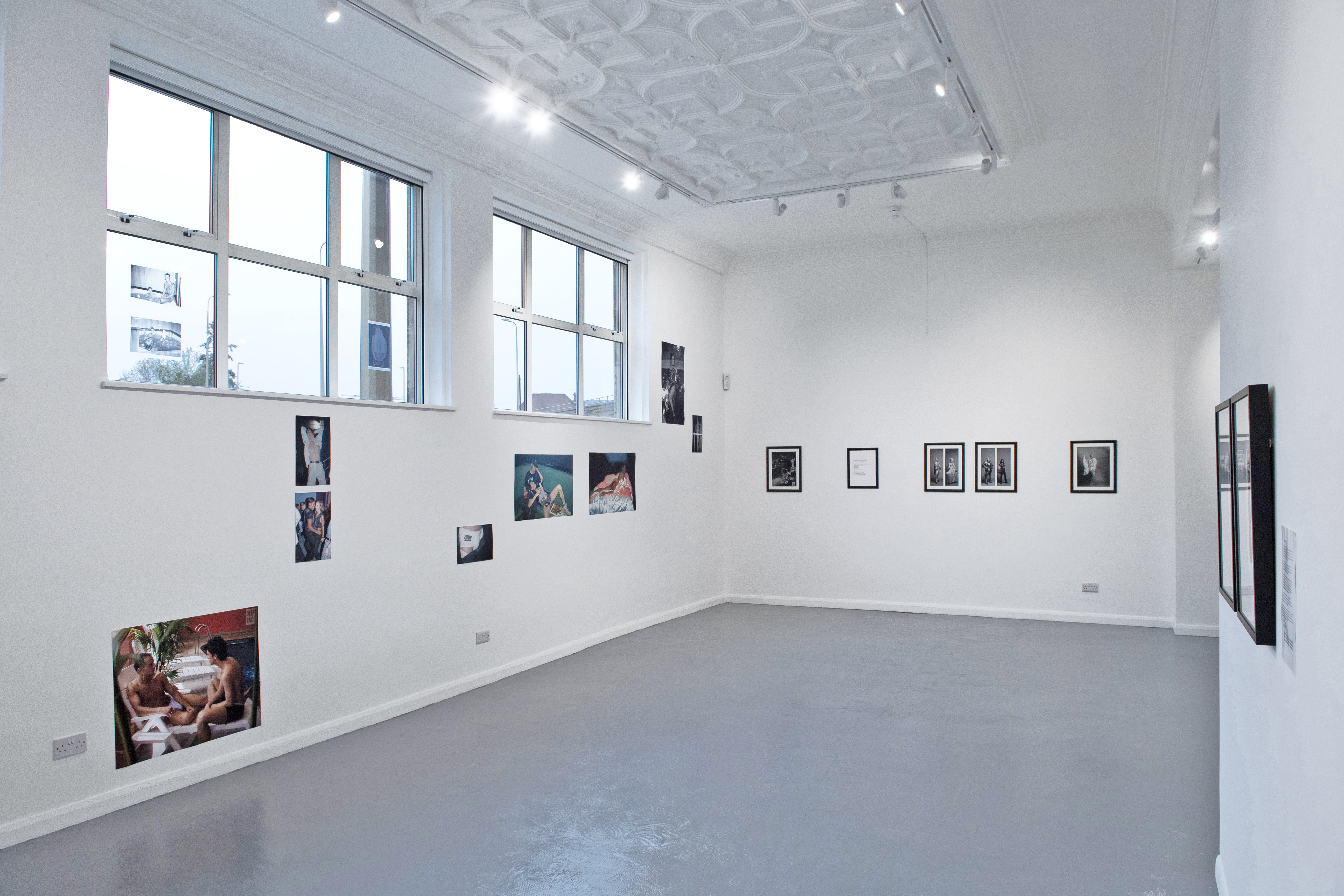
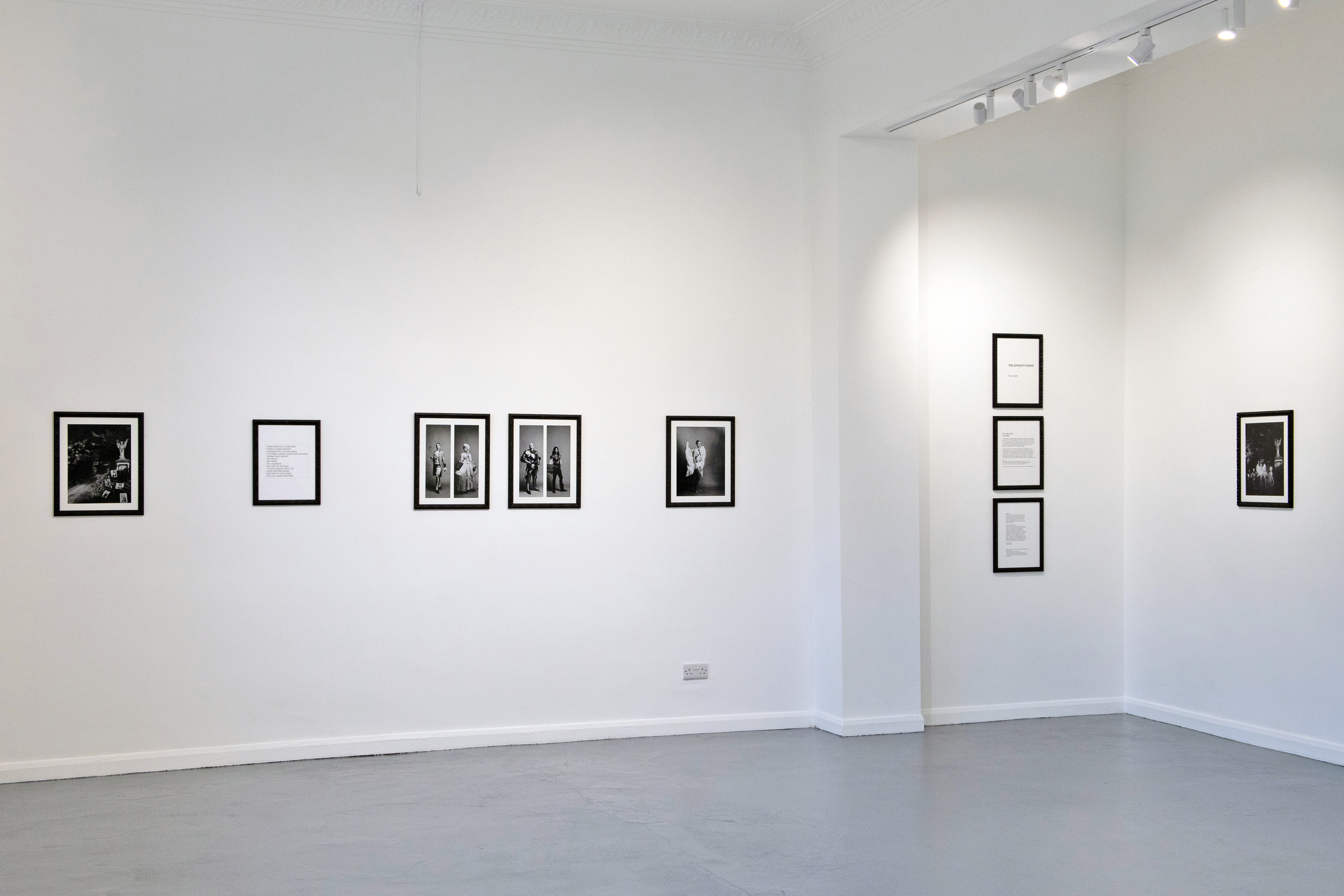

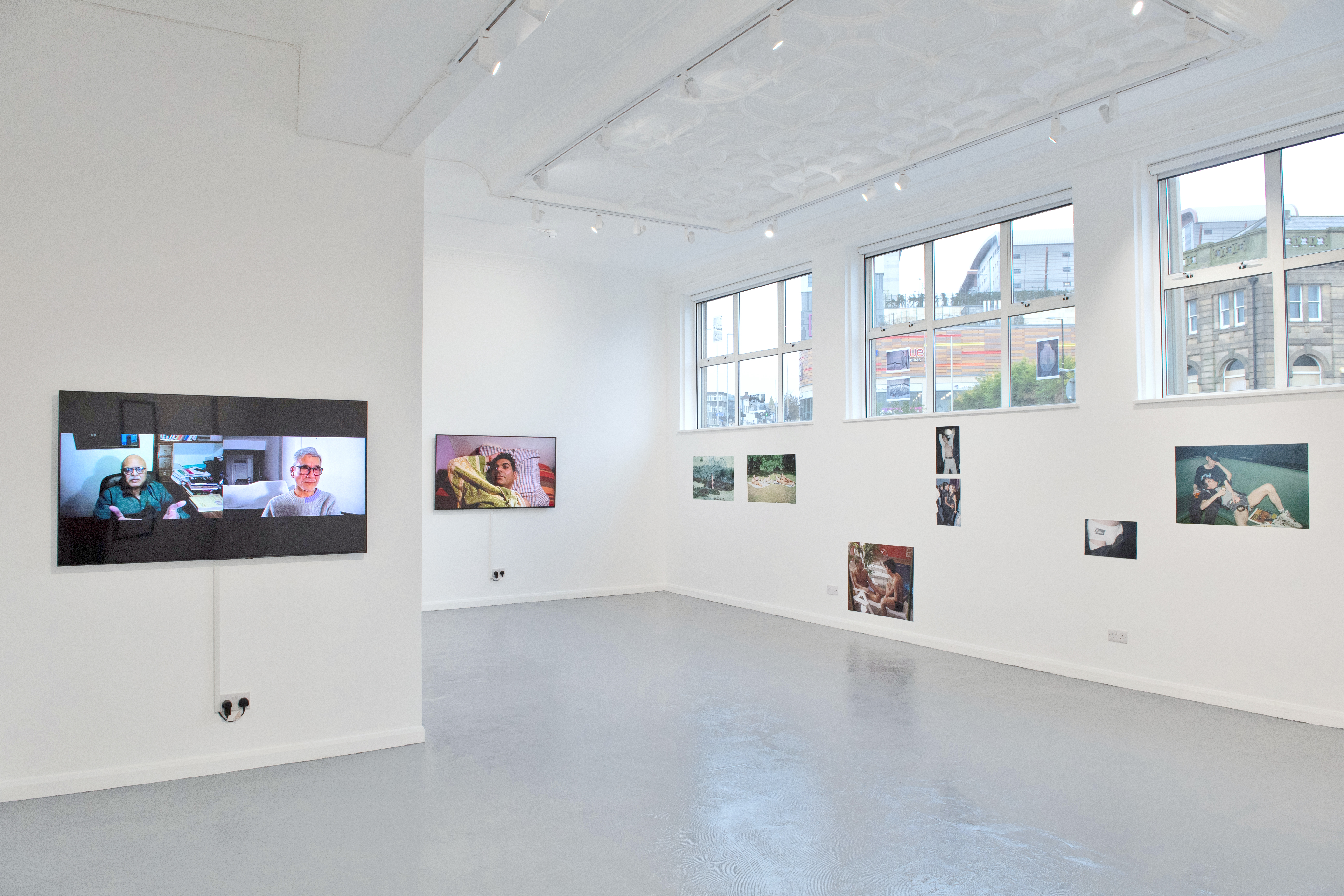

“I AM AFRAID OF THE AIDS,” 2022
“I AM AFRAID OF THE AIDS” is a web-gallery curated for Visual AIDS. When approaching the database, I intended to honor the history and memory of BIPOC artists who died of HIV / AIDS-related complications, recognizing their place in the movement. Furthermore, given that the conversation on HIV / AIDS is ongoing and current, I also included artists living with HIV and a community project from South Africa. The latter also demonstrates the importance of addressing HIV / AIDS from a global perspective, particularly taking into account non-Western contexts.
When selecting the artists, I also noticed gaps in the archive, particularly around the representation of and information on BIPOC women, trans, and non-binary artists. Hence, it is important to note that this web gallery is, by no means, a definitive survey of BIPOC artists who died with HIV / AIDS-related complications or are living with HIV / AIDS. Instead, I hope this presentation becomes an invitation to expand BIPOC perspectives on the subject further while working toward a world where no one has to be afraid of "the AIDS."
When selecting the artists, I also noticed gaps in the archive, particularly around the representation of and information on BIPOC women, trans, and non-binary artists. Hence, it is important to note that this web gallery is, by no means, a definitive survey of BIPOC artists who died with HIV / AIDS-related complications or are living with HIV / AIDS. Instead, I hope this presentation becomes an invitation to expand BIPOC perspectives on the subject further while working toward a world where no one has to be afraid of "the AIDS."
Virtual exhibition: visualaids.org/gallery/i-am-afraid-of-the-aids
Artists:
Rotimi Fani-Kayode
Reza Abdoh
Affrekka Jefferson
Sunil Gupta
Tatiana Mazur
Abdul-Aliy A. Muhammad
Keiskamma Art Project
Artists:
Rotimi Fani-Kayode
Reza Abdoh
Affrekka Jefferson
Sunil Gupta
Tatiana Mazur
Abdul-Aliy A. Muhammad
Keiskamma Art Project
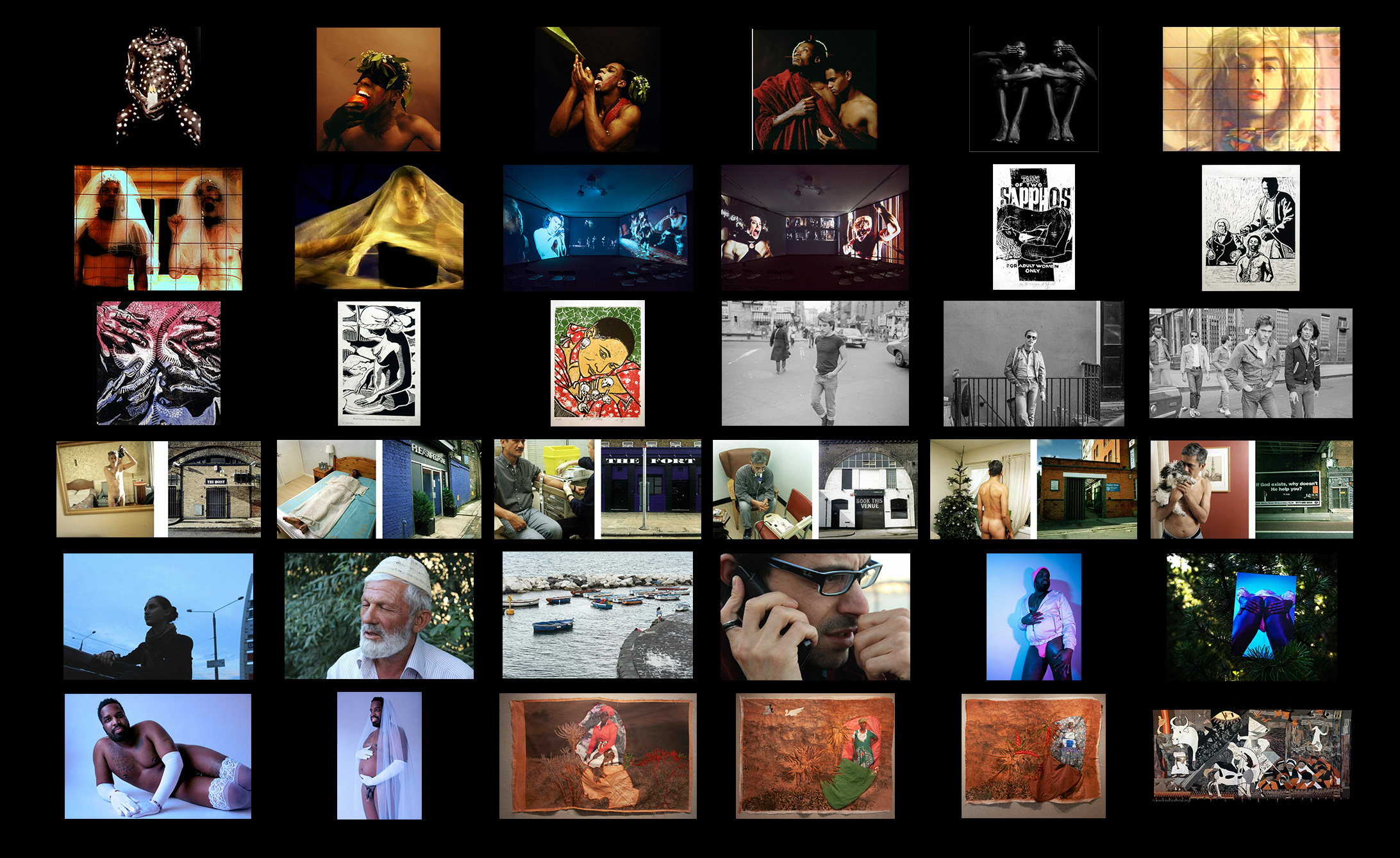
River in an ocean, 2018
River in an ocean — a collateral event of Lahore Biennale 01, co-curated by Abdullah Qureshi and Natasha Malik, took place in Lahore from 20 — 31 March 2018.
Borrowing the title from late artist and activist Lala Rukh (1948 — 2017), the exhibition saw the 80s as critical in Pakistan's history. It surveyed the feminist legacy of art and activism in Pakistan. Through an open call process, the works of 27 contemporary artists and collaborators were presented, addressing themes of gender, institutional inequality, traditional roles and spaces assigned for women, and the challenging of heteronormativity through queer perspectives.
The exhibition included a day-long dialogue series, including performances, talks on gender and film with Akifa Mian and Rabia Hassan, and a panel discussion curated by Mehlab Jamil and Sarah Suhail on the state of trans rights in Pakistan.
Artists: Amra Khan, Anushka Rustomji & Zara Asgher, Aziz Sohail, Damon Kowarsky, Faraz Aamer Khan, Farsam Zafar & Waleed Zafar, Fiza Khatri, Haider Ali Akmal, Hilde Krohn Huse, Imran Nafees Siddiqui, Lali Khalid, Maha Ahmed, Malcolm Hutcheson, Mohsin Shafi, Mustafa Boğa, Natasha Jozi, Noor Choudry & Harris Chowdhary, Noor us Saba Saeed, Rabila Kidwai, Rehan Bashir & Gillian Rhodes, Saba Khan, Sarah Mumtaz, Seyhr Qayum, Ujala Hayat, Vidha Saumya, Zahrah Ehsan, and Zulfikar Ali Bhutto.
View e-catalogue
Photographs courtesy: The Creative Process
Is Saye Kay Parcham Talay, 2015
Is Saye Kay Parcham Talay (Translation: The Shadow Over our Flag), a project co-curated by Zulfikar Ali Bhutto and Abdullah Qureshi, involved a series of exhibitions and talks in Lahore and Karachi. Tackling issues of marginalization and minority politics in Pakistan, the project looked at ethnic, religious, and gendered communities.
Starting in Lahore, the inaugural exhibition at Gallery 39K took place from 6 - 18 November 2015, in conjunction with the 6th International THAAP Conference. The presented artworks looked at a broad range of themes, including the Kasur incident (a child abuse scandal), violence against the Shite community, the role of the state and military, and failures of nationalism. Working with Justice Project Pakistan, the exhibition also included paintings by two prisoners on the death row penalty and Bhutto’s Young Street Photographers project, which showcased photographs of 25 children from Karachi’s Neelum and Shah Rasool Colonies.
Artists: Nad-e-Ali, Farida Batool, Mohan Das, Rabi Georges, Aneeq Haider, Ayaz Jokhio, Adnan Ali Manganhar, Ahmed Ali Manganhar, Justice Project Pakistan, Ali Sultan, and Young Street Photographers.
In Karachi, exhibitions and talks took place at:
Jamshed Memorial Hall: Maryam Hasnain and Aysha Bilal.
The Second Floor (T2F): Ali Imani, screening of Chupan Chupai by Saadat, and a talk by Kami Sid.
71 Clifton: Young Street Photographers.
Indus Valley School of Art & Architecture (IVS): Aneeq Haider, Faiza Butt, Farida Batool, Nad-e-Ali, Ahmed Ali Manganhar, Adnan Ali Manganhar, Ayaz Jokhio, Misha Abbas, Mohan Das, Hira Nabi, Samreen Sultan, Sarah Kazmi.